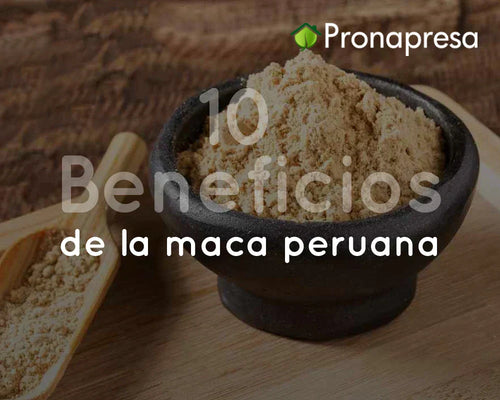
Did you know that certain vitamins can help you control your blood sugar levels naturally?
Taking care of your health involves multiple healthy habits, and many people are looking for natural alternatives to keep their glucose levels under control. If you're among those looking to supplement your diet to prevent or manage diabetes, this article will help you discover which vitamins can make a significant difference.
In the world of nutrition, vitamins are not only essential for proper body function, but some also have specific properties that can help balance blood sugar levels. Here, we'll explore the most notable ones, how they work in your body, and how you can incorporate them into your daily routine.
1. Vitamin D: The essential ally for insulin sensitivity
Vitamin D is widely known for its role in bone health, but did you know it can also influence glucose metabolism?
Several studies have shown that adequate levels of vitamin D improve insulin sensitivity, which helps your body use sugar more efficiently. Furthermore, a deficiency in this vitamin is associated with an increased risk of developing type 2 diabetes.
How to get more vitamin D?
- Expose yourself to the sun for 10-20 minutes a day, especially during off-peak hours.
- Eat foods rich in vitamin D, such as salmon, sardines, tuna, and eggs.
- Consider supplements if your levels are low, under the supervision of a healthcare professional.
2. Vitamin C: Protects your blood vessels and regulates glucose
Vitamin C , known for its antioxidant properties, also plays an important role in blood sugar control. It works by reducing the oxidative damage caused by high glucose levels, thus protecting blood vessels and tissues.
Additionally, research suggests that vitamin C supplementation may reduce fasting glucose levels and post-meal blood sugar spikes.
Where to find it?
- Fruits such as oranges, strawberries, kiwi and papaya.
- Vegetables such as broccoli, red peppers and spinach.
3. Vitamin B1 (Thiamine): Combats the effects of high sugar
Thiamine , or vitamin B1, is essential for carbohydrate metabolism. People with diabetes often have lower levels of thiamine, which can increase the risk of nerve damage and cardiovascular complications.
The use of a specific form of this vitamin, such as benfotiamine, has shown promising results in preventing diabetic complications, especially those related to the nerves.
Sources of vitamin B1:
- Whole grains, legumes, sunflower seeds, and pork.
4. Vitamin B6: Supports nerve and hormone function
Vitamin B6 is crucial for nerve function and neurotransmitter synthesis, both of which are affected in people with diabetes. It may also reduce inflammation, a key factor in insulin resistance.
Include it in your diet with:
- Bananas, avocados, nuts, and fish like tuna and salmon.
5. Vitamin E: Antioxidant protection for the pancreas
Vitamin E is a powerful antioxidant that protects the cells of the pancreas responsible for producing insulin. This helps improve insulin sensitivity and prevent oxidative stress caused by high glucose levels.
Incorporate vitamin E through foods such as:
- Almonds, sunflower seeds, spinach and vegetable oils.
6. Folic Acid (Vitamin B9): Improves metabolic health
Folic acid , or vitamin B9, is not only essential for cellular health, but also contributes to improved insulin sensitivity and reduces the risk of diabetes-related cardiovascular disease.
Natural sources of folic acid:
- Green leafy vegetables, avocados, asparagus, and lentils.
Other natural strategies to reduce blood sugar
Although vitamins play a crucial role, they aren't alone in the work. Here are some complementary habits that will enhance their benefits:
- Maintain a diet low in refined carbohydrates.
- Do physical activity regularly.
- Control your stress levels.
- Get enough sleep.
- Keep your body hydrated.
Vitamins, your allies for optimal health
Incorporating the right vitamins into your daily routine can be a powerful way to balance blood sugar levels. Vitamin D improves insulin sensitivity, vitamin C protects against oxidative damage, while B vitamins strengthen the metabolic and nervous systems. Vitamin E and folic acid round out this list by offering antioxidant and metabolic benefits.
Remember that blood sugar control doesn't depend on a single action, but rather on a combination of healthy habits. A balanced diet rich in these vitamins, along with physical activity and stress management, can make a difference in preventing or managing diabetes naturally. Start today and feel in control of your health!























































